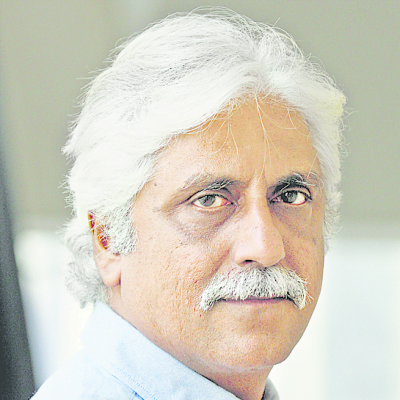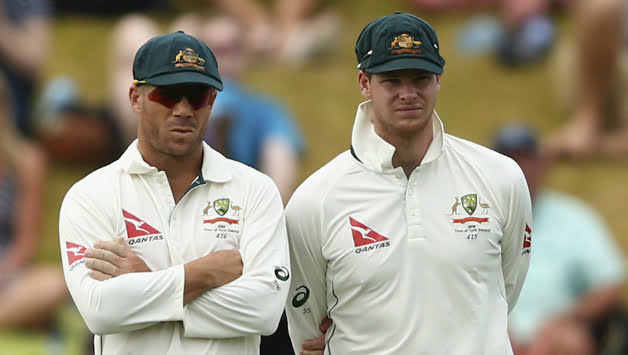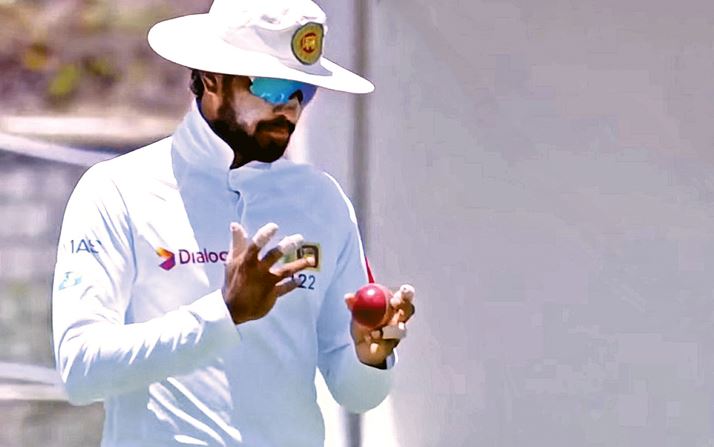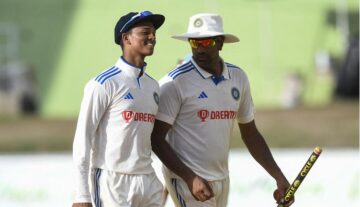Senior cricket journalist Ayaz Memon has raised questions about the treatment or punishment with the players who are involving in the ball-tampering incidents. The senior journalist has shocked on Sri Lankan captain Dinesh Chandimal’s recent involvement in the ball-tampering incident, just three months later of the world-cricket-shaking ball-tampering scandal in the Cape Town Test.

During a Test match between South Africa and Australia in March 2018 at Cape Town, Australian young opening batsman Cameron Bancroft was caught in the video footages to trying to change the ball condition deliberately by using sandpaper.

Later, it was revealed that Australian skipper Steven Smith was aware of that incident while the vice-captain David Warner was the mastermind behind the scene.

It led the heavy criticism for them along with suspensions from cricket. While ICC didn’t suspend them, Cricket Australia (CA) went one step ahead by suspending the tainted trio following the investigations. Bancroft has been handed a nine-month banned from the cricket while Smith and Warner have been handed one-year suspensions each from the cricket. Moreover, Warner will never be able to lead the national side while Smith and Bancroft will have to wait one more year, after completing their suspensions, to be able to lead the national side.
While the world cricket hasn’t come out yet from that incident, Sri Lankan captain recently involved in the ball-tampering incident directly during a Test match against the hosts West Indies at St. Lucia. After getting caught in the video footages, Chandimal has been handed one-Test banned by ICC.

Mentioning the captains’ motives in the present days’ cricket, Memon wrote in CricketNext, “To a large extent this shows the pressure captains are under to win. Expectations from administrators and fans are enormous (not to mention peer group acceptance and sponsor support) and the urge to test the boundaries of legitimacy tends to override threat to reputation and career.”
The senior journalist has also raised questions about the punishment levels on the tainted cricketers as he believes that these will not work to stop the cheating in international games.
Memon explained in his column, “There is also absence of deep fear because the punishment is not severe. A one-match ban – and that only if you are caught – may not seem an unduly high risk when chasing victory and its accompanying rewards.
“That Smith, Warner and Bancroft, it must be remembered, copped a one-year ban was beyond the ICC stipulation. It arose out of a deep sense of shame and anger in Australia, compelling the country’s cricket board to take a far stronger position.
“It’s pertinent at this stage to focus on Smith & Co issue in its current situation. The one year ban – in the context of prevailing rules – was harsh. But what’s happened subsequently has been farcical.
“Smith and Warner, while ineligible to play first class or international cricket in and for Australia, have been allowed to play in T20 leagues in Canada and (later) in the Caribbean.
“True, stopping them could lead to a restraint of trade legal issue, but for them to make a lucrative living while still living out the punishment makes a mockery of the ban. It sends out a signal that cheating can have its rewards, one way or the other.”




